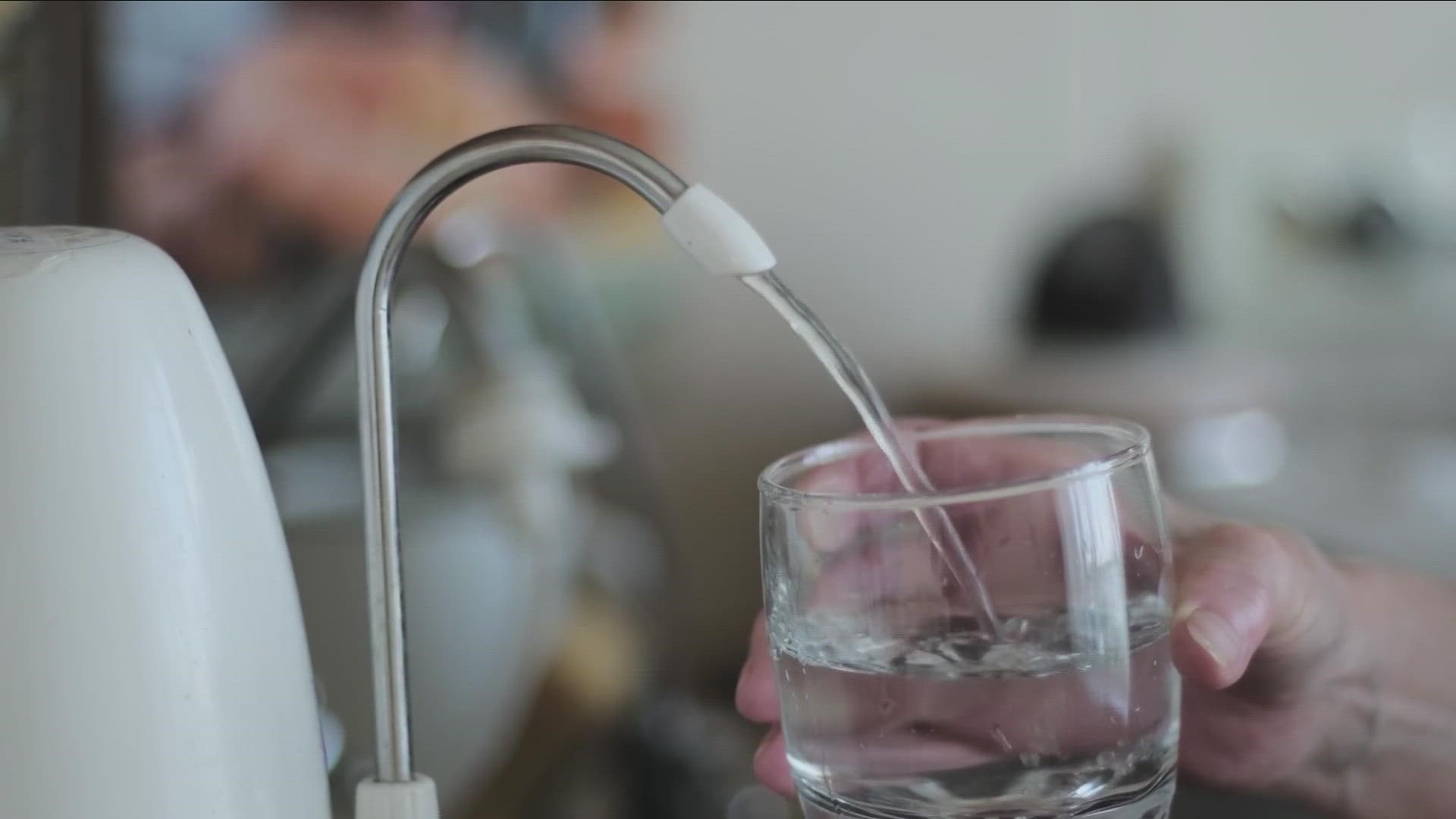BUFFALO, N.Y. — What's in the water?
Or better yet, what's not?
That's the question when it comes to what comes out of the tap in the City of Buffalo since a Buffalo News article recently pointed out the city stopped adding fluoride in 2015.
"My jaw dropped," said Michael Foley, an oral surgeon at Winning Smiles. "That's a big community health initiative that doesn't cost a lot of money. Nobody on the public health side of things really told the community whatsoever."
Buffalo Water Board Chair OJ McFoy sent 2 On Your Side a statement saying eight years ago, the water board put $1 million into upgrading the fluoride system.
They paused it over concerns of lead and corrosion.
So the city partnered with UB to study it and by November 2019, "The results provide strong statistical evidence that the addition of {fluorosilicic Acid} FSA does not result in increased leaching of lead.”
Then the pandemic put everything on hold.
A city spokesperson says residents have commented on it at previous water board public hearings.
They added that around every August, city residents should have received a water quality report, which is also listed on their website.
But it's not until the end of page six, in very small writing.
"The lack of perhaps, the lack of not making it so visible or so clear has caused people to be alarmed," said. Buffalo Common Council Majority Leader David Rivera.
Rivera has been getting non-stop calls from the community concerned over the lack of fluoride in the water.
Rivera has written a letter to McFoy inviting him to the common council meeting later this month to discuss this.
He's still waiting for a response.
"Certainly people have a reason to be concerned. What kind of health impact does it have on them," Rivera said.
The CDC lists the fluoridation of water as one of the top ten public health initiatives of the 20th century.
Foley says on average, it helps decay rates in permanent teeth go from 90 percent to somewhere between 50% and 60%, and people cut their dental costs in half.
Foley says the lack of fluoride in the water especially isn't good for kids' dental hygiene, which has declined after COVID.
"All of the pediatric dental practices that I'm aware of, we're just inundated with patients. I'm seeing 6 or 7 emergencies today in the city alone with kids with toothaches which is a common occurrence pretty much every day I'm here, which I didn't see four or five years ago," Foley said.

